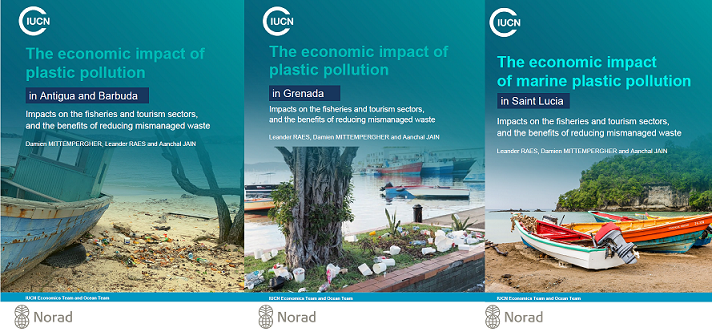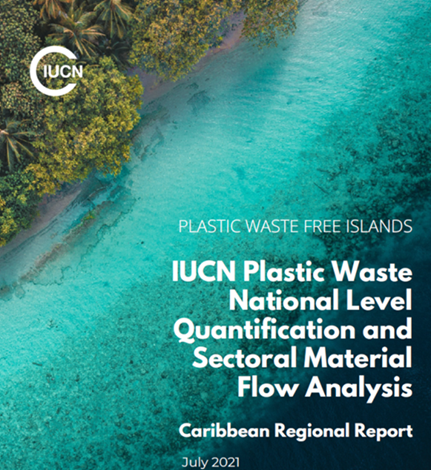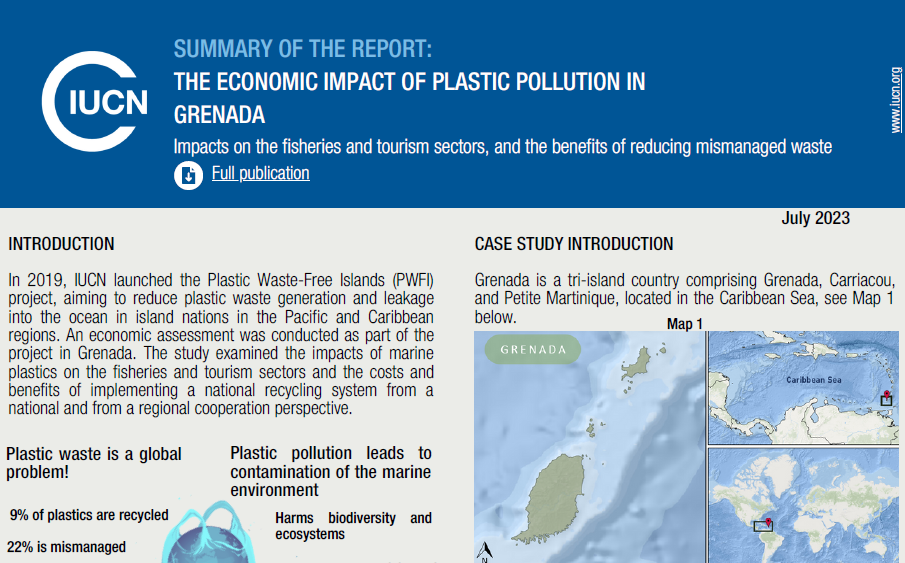Three briefs on the economic impacts of plastic pollution on Caribbean Islands (Antigua and Barbuda, Grenada, and Saint Lucia)
This compilation brief is composed of three studies on the economic impacts of plastic pollution on tourism and fisheries in Antigua and Barbuda, Grenada, and Saint Lucia, estimating direct costs for the economy of each island. Governments of these islands have started to recognise the impacts on their social and economic well-being and have started to work on measures to curb plastic pollution. Most measures focus on bans of single-use plastics and polystyrene, which comprise around 80% of Caribbean marine litter. Considering the significant amount of PET and High-density polyethylene (HDPE) plastic leakage across the Caribbean islands, container deposit and transport schemes could prove effective to incentivise region-wide reverse logistics and to create recycling markets for countries without such availability. To ensure sustainability of the Caribbean Sea’s ecosystems, an integrated management approach with local stakeholders and government as well as with other nations is needed.
In 2019, with support from the Norwegian Agency for Development Cooperation (Norad), IUCN launched the Plastic Waste Free Islands (PWFI) project, as part of its global Close the Plastic Tap Programme. PWFI focused on three islands in the Caribbean and three islands in the Pacific. Implemented in Fiji, Vanuatu and Samoa in Oceania and Antigua and Barbuda, Saint Lucia and Grenada in the Caribbean, the project promoted island circular economy and demonstrated effective, quantifiable solutions to address plastic leakage from Small Island Developing States (SIDS).
The individual files for the three Caribbean islands can be found at these links:




